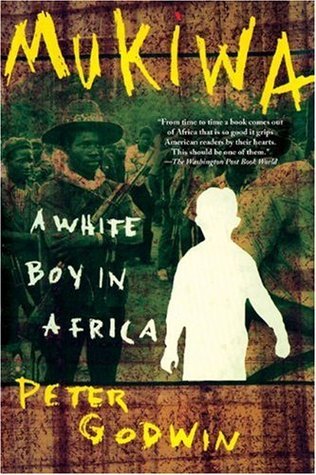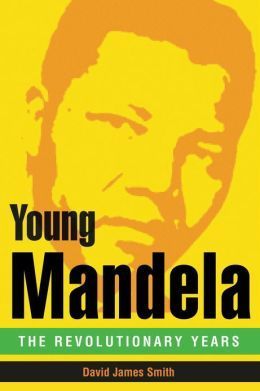
Long Walk to Freedom
Book Description
In a land torn by oppression, one man's relentless pursuit for justice ignites a revolution. “Long Walk to Freedom” unveils Nelson Mandela’s extraordinary journey from a young idealist to a symbol of resilience. From the shadows of harsh imprisonment to the radiant hope of freedom, every page pulsates with his unwavering spirit and the fight against apartheid. This powerful tale weaves together courage, sacrifice, and an unyielding belief in humanity’s potential for change. As the walls of division crumble, will the dream of a united nation finally rise?
Quick Book Summary
"Long Walk to Freedom" is Nelson Mandela’s powerful autobiography, chronicling his rise from a rural childhood in South Africa to his pivotal role in dismantling apartheid and becoming the nation’s first black president. The book details Mandela’s early life, his evolving sense of justice, and his persistent defiance against the racist policies of the apartheid regime. Mandela recounts decades of struggle, including his 27-year imprisonment, the personal and collective sacrifices made, and his transition from prisoner to president. Through profound honesty and resilience, Mandela reflects on personal and political challenges, emphasizing reconciliation and unity. The memoir stands as a testament to the enduring spirit of one man and his unwavering commitment to freedom, equality, and the betterment of humanity.
Summary of Key Ideas
Table of Contents
Roots of Identity and Injustice
Nelson Mandela opens his memoir with vivid memories of his childhood in the rural village of Mvezo, where traditions, tribal customs, and early lessons from his family shaped his worldview. Surrounded by the injustices faced by his community, Mandela’s awareness of inequality and discrimination began to build from a young age. His move to Johannesburg offered new opportunities but also exposed him deeply to the nation’s entrenched racial divisions, sparking his political awakening and nurturing his resolve to pursue justice.
The Birth and Growth of Resistance
As Mandela’s consciousness expanded, he became actively involved with the African National Congress (ANC) in the fight against apartheid. He describes the transformation of resistance from peaceful protest to organized, sometimes militant, struggle against the state’s oppressive policies. Through organizing campaigns, building alliances, and risking everything for the cause, Mandela became a key figure within the movement. His leadership was marked by courage and a willingness to adapt tactics as the struggle evolved alongside the increasing brutality of the regime.
Sacrifice and the Price of Freedom
Mandela delves into the personal costs of his activism—a life spent mostly on the run, periods in hiding, and separation from family. His narrative climaxes with his arrest and subsequent 27-year imprisonment on Robben Island, where he endured harsh conditions and psychological torment. Yet, through it all, Mandela and his fellow prisoners maintained solidarity, dignity, and commitment to the cause, using their time to reinforce their ideological foundations and prepare for the future.
Forgiveness, Reconciliation, and Leadership
Upon his release, Mandela was faced with the immense challenge of negotiating South Africa’s transition from apartheid to democracy. He reflects on the responsibilities of leadership—forging complicated negotiations, preventing civil war, and advancing reconciliation, even when it meant forgiving former enemies. Mandela’s steady vision and moral clarity helped to guide both the ANC and the broader nation toward compromise, forgiveness, and unity, culminating in South Africa’s first multiracial elections.
Mandela concludes with meditations on the unfinished journey toward justice and freedom. He acknowledges that personal liberation is intertwined with collective emancipation. His story is both intimate and universal, encouraging readers to embrace hope, resilience, and reconciliation in the long walk toward freedom for all oppressed peoples. The memoir inscribes his enduring belief that with determination and empathy, societies can heal and achieve equality.
Download This Summary
Get a free PDF of this summary instantly — no email required.





